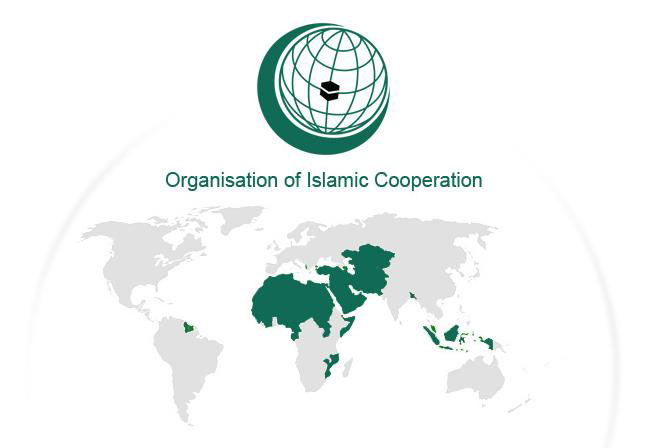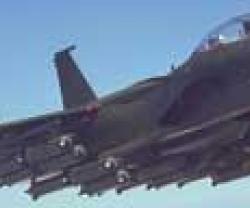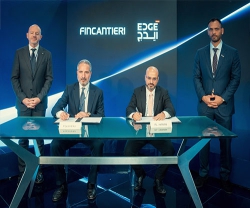Muslim countries have agreed to work together more closely to fight terrorism and other crimes and will establish an Istanbul-based centre for greater police co-operation, President Tayyip Erdogan said.
Leaders from the Muslim world are attended a summit in Istanbul last week of the Organization of Islamic Cooperation (OIC) to discuss issues facing the grouping's 57 member states, including the humanitarian fall-out from Syria’s civil war.
“It would be appropriate to create a structure among OIC countries which would strengthen and institutionalize cooperation against terror and other crimes,” Erdogan said in his opening address at the summit.
“With this in mind, our proposal for the establishment of an OIC police co-operation and co-ordination centre based in Istanbul found acceptance.”
Erdogan, whose country is set to take over the three-year rotating presidency of the OIC, gave no details about the new police centre or say when it might start work.
Turkey has long pressed for closer regional cooperation in tackling terrorism as its army and security forces battle Kurdish militants that Ankara and its Western allies classify as terrorists.
Turkey is part of the US-led coalition against Islamic State in neighboring Syria and is also a vocal opponent of Syrian President Bashar al-Assad, a stance that has put it at odds with Assad's ally, Iran.
On Thursday Erdogan called for greater unity among Muslim countries.
“The more that we as Muslims, as Muslim countries, fall out with each other, the more the innocents who have put their hopes in us will be exposed to strife,” he said.
Meanwhile, Saudi Arabia’s King Salman bin Abdulaziz has urged solidarity and unity among Muslims to fight terrorism and bring about peace and security in the region.
“Our reality today requires us all to come together more than ever to fight the scourge of terrorism and to protect the young generation from being under its fierce attack, which aims to remove it from the logic of the true faith and be driven by those who are wreaking havoc under the name of religion,” said King Salman.
“We have made a serious step in this direction to form an Islamic Military Alliance to fight terrorism, which includes 39 countries to co-ordinate all efforts through intellectual, media, financial and military initiatives based on the OIC's principles and objectives,” he added.
“We are required to address the Islamic nations’ causes, first by finding a just solution to the Palestinian issue in accordance with the Arab peace initiative and legitimate international resolutions, and put an end to the Syrian crisis according to the decisions of Geneva 1 and Security Council resolution 2254, as well as to support the existing efforts to end the Libyan crisis,” said King Salman.
“On the Yemeni cause, we support the efforts of the United Nations for the success of consultations to be held in Kuwait in implementation of Security Council resolution 2216,” he said.
King Salman also called for an end to the foreign interference in the internal affairs of nations, which he said was a major cause of instability and strife.
Also speaking at the summit, Iranian President Hassan Rouhani spoke out against divisions among Muslims.
“No message which would fuel division in the Islamic community should come out of the conference,” Rouhani told the conference, according to Iranian state television.






















